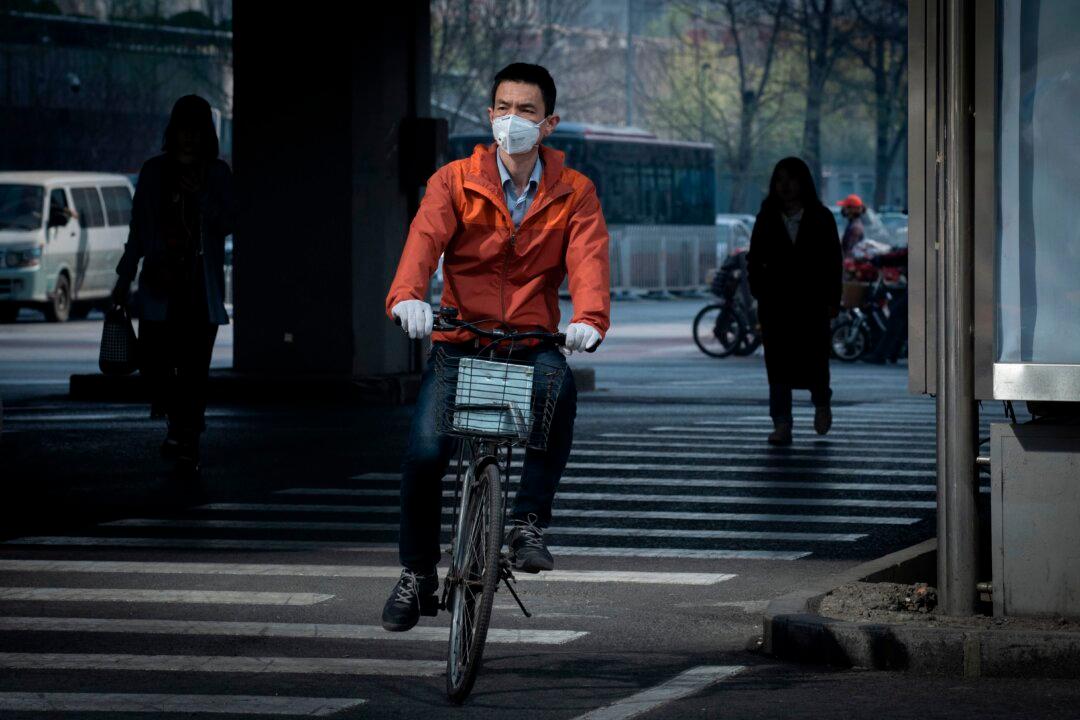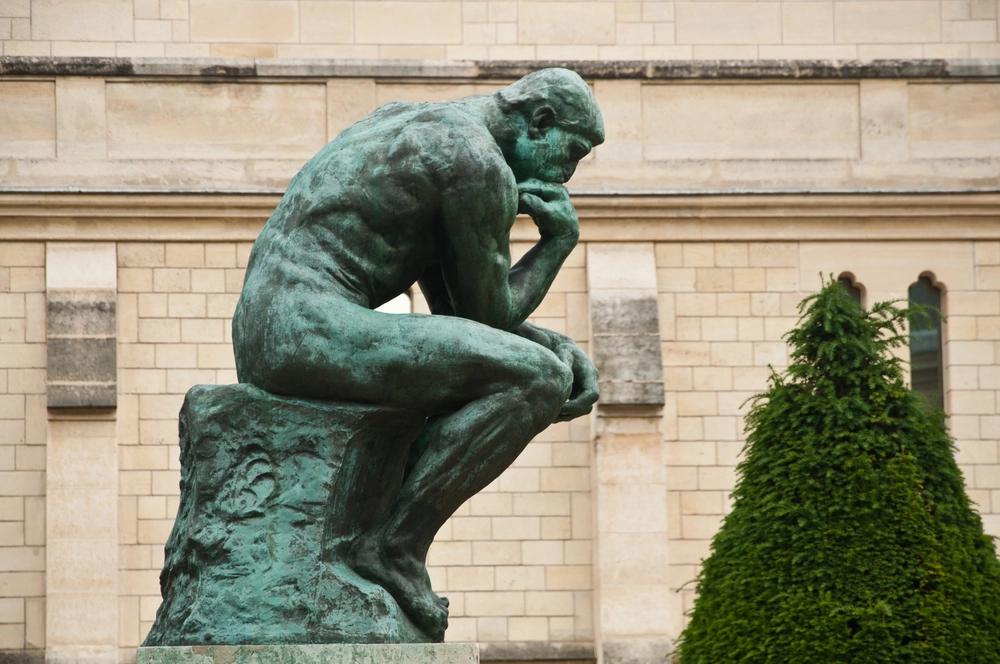One thing you can say about dictatorships is that they’re efficient. It’s not true, but you can say it—as our prime minister notoriously did back in 2013 when he was still Liberal leader.
Asked which nation he admired most, Justin Trudeau unexpectedly blurted out: “There’s a level of admiration I actually have for China. Their basic dictatorship is actually allowing them to turn their economy around on a dime.”





